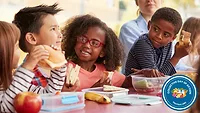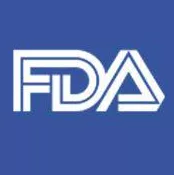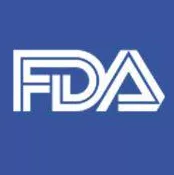Partnership for Food Safety Education Announces Student Scholarships for 2014 National Food Safety Education Conference
The Partnership for Food Safety Education has announced the availability of a limited number of scholarships for full-time undergraduate and graduate students to attend its next national consumer food-safety education conference on December 4-5, 2014, in Arlington, VA. Qualified applicants can visit http://www.teamfoodsafety.org/2014 for more information and to submit an application. Applications are due by October 13.
Scholarship awardees receive:
- Full conference registration (preconference workshops are not included).
- Reimbursement of up to $800 to cover airfare/mileage and up to two nights’ accommodation at the Crystal Gateway Marriott, where the conference will be held.
There will also be four partial scholarships which provide full conference registration, but do not provide any financial assistance to defray travel or accommodation expenses.
The Partnership’s mission is to educate the public about preventing foodborne illness. It includes representatives from the U.S. Food and Drug Administration, the U.S. Department of Agriculture (USDA), the Centers for Disease Control and Prevention (CDC), the food industry, professional societies in food science, and nutrition and health consumer groups.
The December conference, supported by FDA, CDC and USDA, will be the fifth in a series. The conferences bring together stakeholders from government, industry and consumer groups with food safety educators to identify the best ways to educate consumers about steps they can take to avoid foodborne illnesses.
The conference will focus on four major themes:
- Motivating Behavior Change: Exploring ways to create messages that are effective in changing consumer behaviors to reduce their risk of contracting foodborne illnesses. Conference sessions under this theme will include communication theory, psychological theory and risk analysis.
- Assessing Food Safety Education Programs: Examining how educators can assess and document the effectiveness of food safety education in changing consumer food-handling behavior. Sessions will include information about cost-effective assessment methodologies and how to use assessment results to develop more effective education campaigns.
- Use of Social Media: Considering the tools and technologies food safety educators can use to deliver their messages successfully to target audiences in an increasingly crowded information marketplace. Sessions will focus on ways to help consumers evaluate the validity of food safety education messages delivered through multiple media channels.
- Real World − Real Change: Reaching Target Audiences: Reviewing case studies of education programs that have been successful in changing food-handling behavior in a defined target audience. Sessions will focus on programs that work with specific populations and communities of consumers.
Looking for quick answers on food safety topics?
Try Ask FSM, our new smart AI search tool.
Ask FSM →








